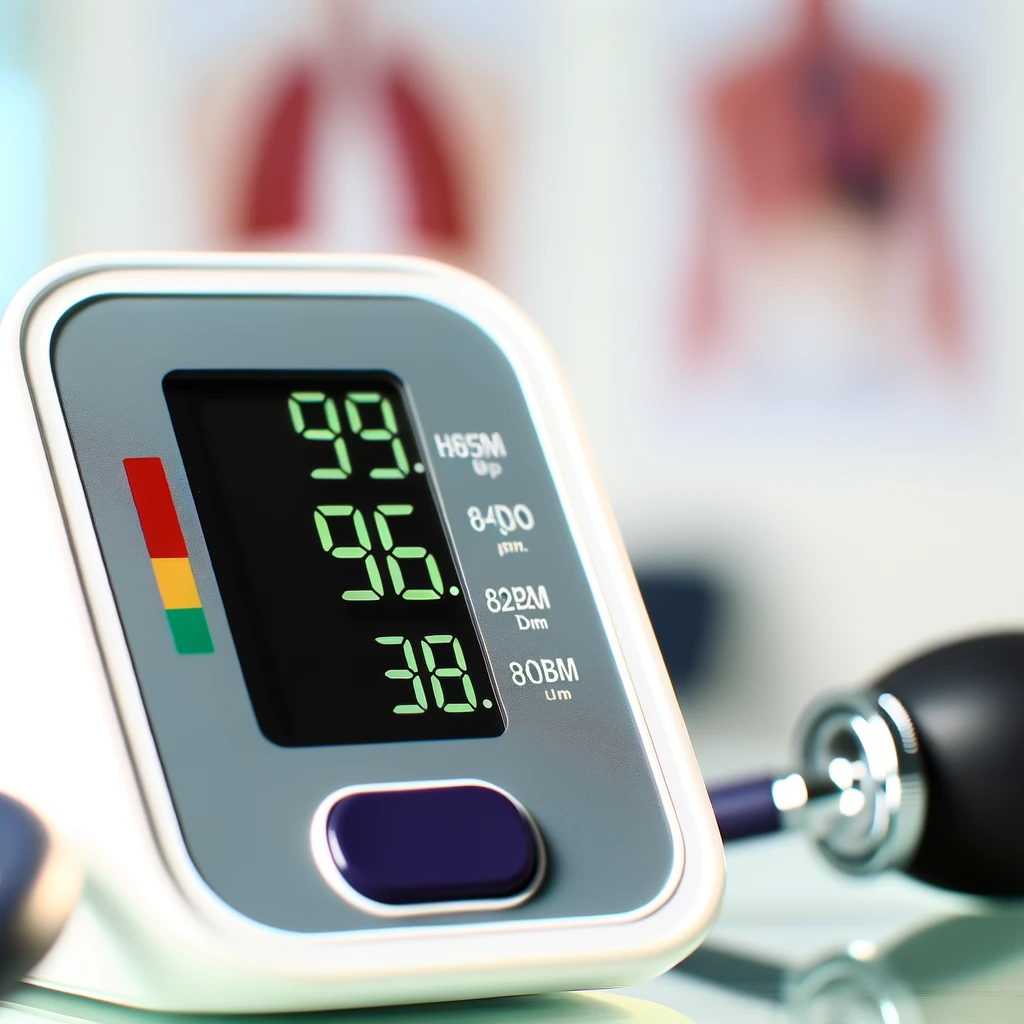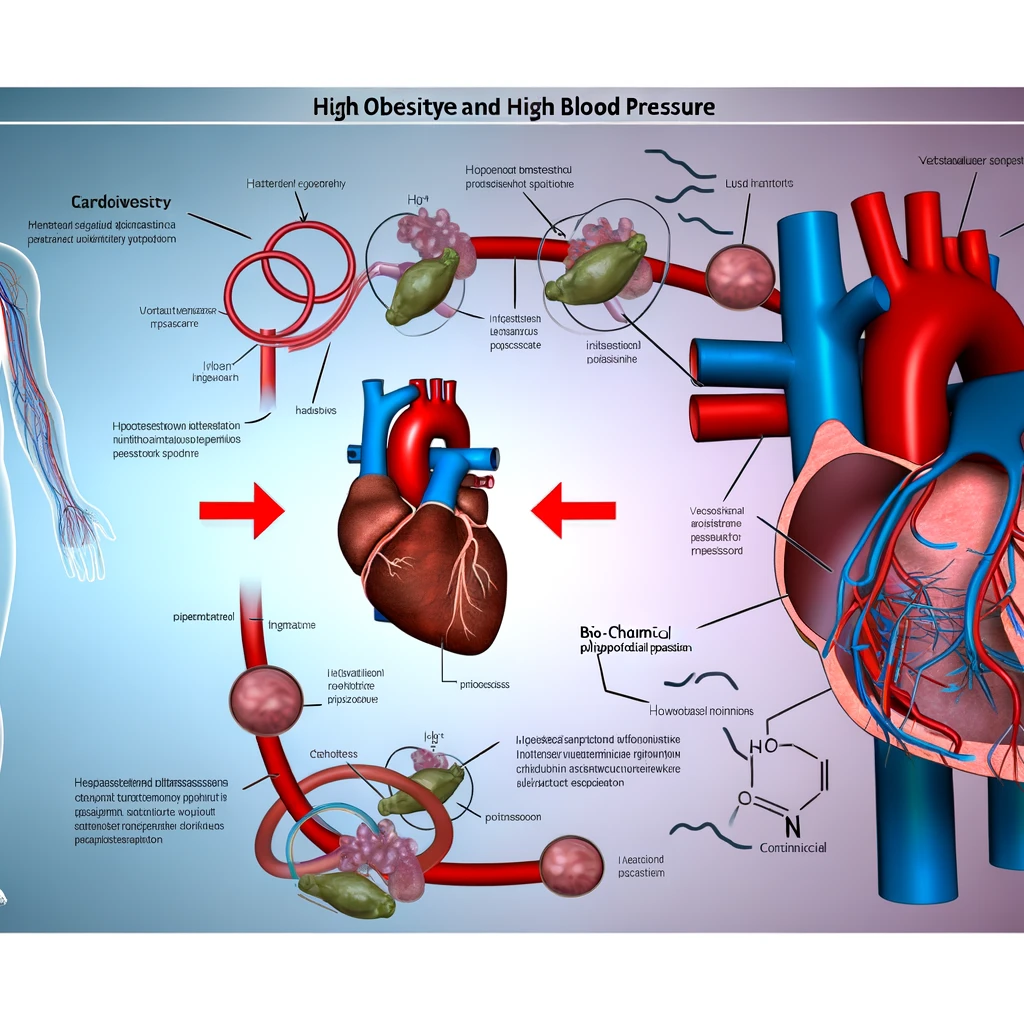Related Articles









Sleep is a fundamental component of human health, influencing various physiological processes, including cardiovascular function. Inadequate or poor-quality sleep can contribute to high blood pressure, a major risk factor for heart disease. Understanding the relationship between sleep and blood pressure is essential for maintaining optimal health.
Sleep plays a critical role in regulating blood pressure. During sleep, the body undergoes several processes that help to lower blood pressure. For example, the heart rate decreases, and blood vessels relax, allowing blood pressure to drop. This nightly dip is crucial for cardiovascular health, providing the heart and vascular system with much-needed rest.
However, when sleep is disrupted or insufficient, these beneficial effects are compromised. Studies have shown that individuals who consistently get less than six hours of sleep per night are at a higher risk of developing hypertension. Sleep disorders such as sleep apnea, where breathing repeatedly stops and starts during sleep, are also linked to elevated blood pressure.
Insufficient sleep affects the body in several ways that can lead to increased blood pressure:
Improving sleep quality and duration can have a positive impact on blood pressure. Here are some strategies to consider:
Going to bed and waking up at the same time every day, including weekends, helps regulate the body's internal clock and can improve sleep quality.
Ensure your bedroom is conducive to sleep. This includes a comfortable mattress and pillows, a cool room temperature, and minimizing noise and light.
Both caffeine and alcohol can disrupt sleep patterns. Try to avoid them, especially in the hours leading up to bedtime.
Incorporate relaxation methods such as deep breathing, meditation, or yoga into your routine to help manage stress and promote better sleep.
If you suspect a sleep disorder, such as sleep apnea, consult a healthcare professional for diagnosis and treatment options.
In conclusion, sleep is a vital aspect of maintaining healthy blood pressure levels. By prioritizing sleep and adopting strategies to improve sleep quality, individuals can significantly reduce their risk of hypertension and enhance overall cardiovascular health.